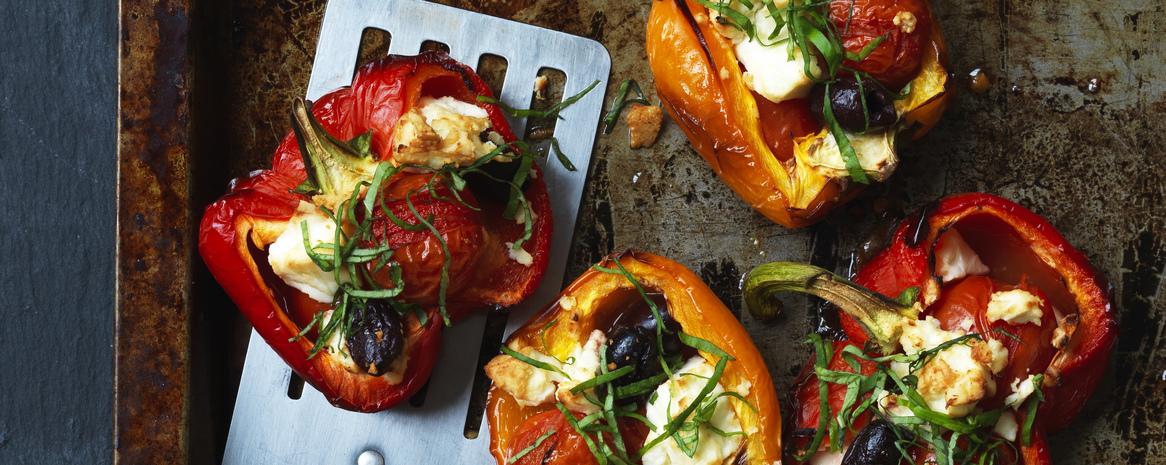Food and hydration
With more exercise than a regular day, I had to make sure I ate more food, especially carbohydrates, than on a regular day to keep on top of energy levels.
I bought a mix of short and long-acting carbs so I could eat them throughout the expedition to help me manage my blood sugar levels. Some examples of snacks I bought were jelly sweets, cereal bars and brioches.
I’ve found that eating some protein with carb-dense meals reduces a spike in my blood sugar, so I prioritized protein as well as carbs. I included ham, tinned tuna and chose cereal bars with higher levels of protein.
It’s hard to include fruit and vegetables into your meals on an expedition. I took apples and fruit juice - which I could also use to treat hypos!.
I made sure I kept well hydrated by drinking plenty of water. There are lots of water-carrying options – including water bladders and bottles.
For my bronze DofE, I used two hydration bladders – one containing water, and one containing Lucozade which I had little sips of throughout the day to help manage my blood sugar. However, on my silver DofE, I just had a bottle of each because I found the tubes of the hydration bladders annoying while walking.





